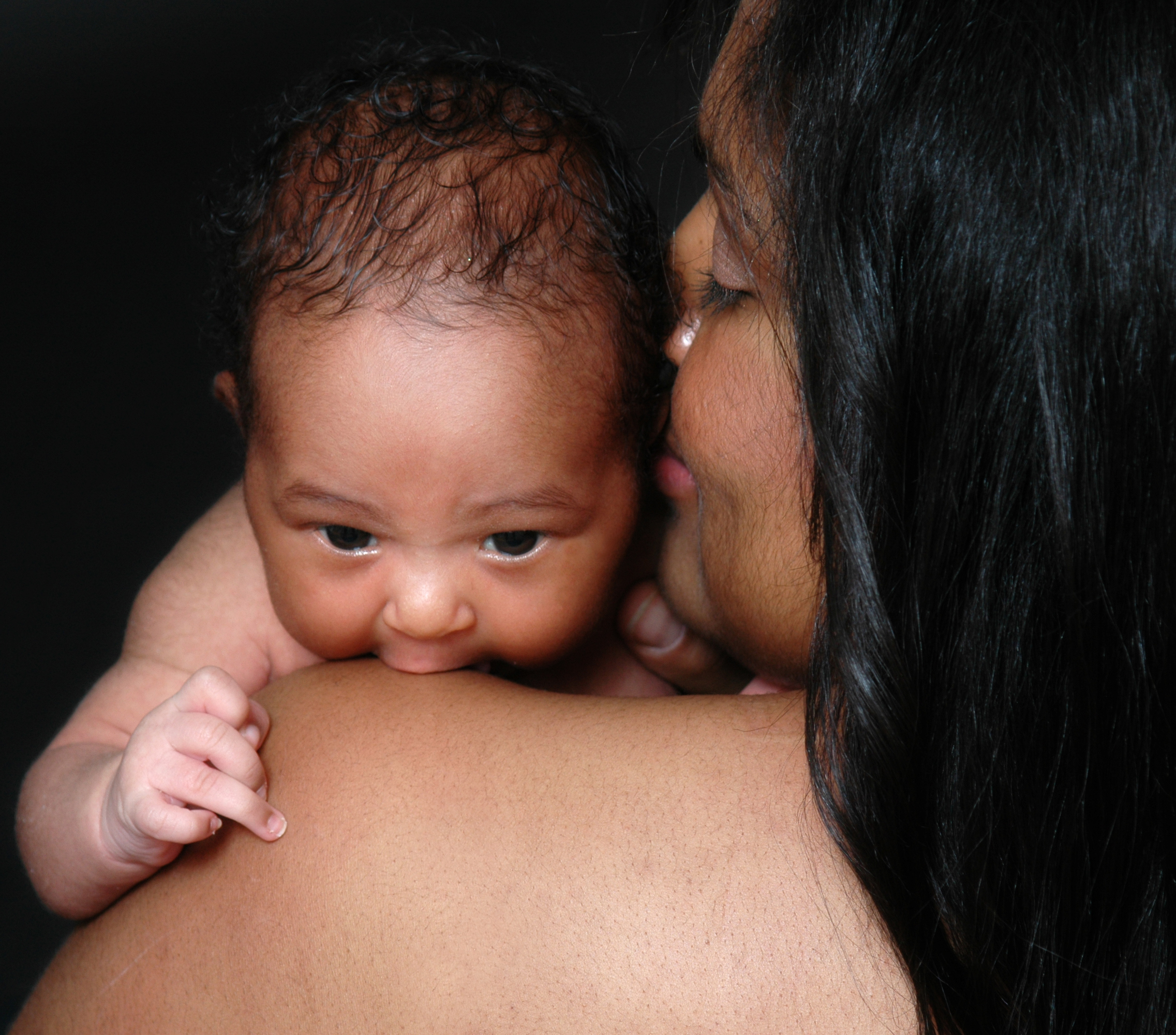Redefining Safety Planning in the Context of Reproductive Coercion
Title: Redefining Safety Planning in the Context of Reproductive Coercion: Integrating Assessment for Emergency Contraception Within Domestic Violence Shelter and Advocacy Programs
Date Recorded: June 18, 2013
Description: Reproductive Coercion is a relatively new concept in the field—simply defined, it is when a partner is trying to get a woman pregnant against her will or control the outcome of a pregnancy through threats, intimidation or by tampering with contraceptive (birth control) methods. Emergency Contraception (also known as EC or the “morning after pill”) can be taken up to 5 days after unintended/unwanted sex to prevent pregnancy by a perpetrator. Various domestic violence programs across the country have been integrating assessment for reproductive coercion and helping survivors get EC during intake or within a 24-hour time period after arrival to shelter. For some programs, this was simple to implement, others experienced some resistance and confusion. This webinar will explore successes and barriers that these programs encountered and discuss promising practices based on their experiences.
This webinar is presented by Futures Without Violence with support from the William and Flora Hewlett Foundation.
Learning Objectives:
- Define reproductive coercion for staff providing domestic violence services.
- Define Emergency Contraception (EC) and how it works.
- Describe the impact of domestic violence on reproductive health outcomes.
- Learn from domestic violence programs about their experiences integrating EC, including how to support staff who may have discomfort or concerns about this activity.
- Understand how to develop an MOU between a local shelter and public health program, or reproductive clinic and how alliehealth services can support access to EC for survivors.
- Learn about an innovation from the state of Wisconsin (lock box) to support advocacy services.
Speakers:
- Rebecca Levenson, Senior Policy Analyst, Futures Without Violence
- Laurie Thompsen, Health & Mental Health Coordinator, West Virginia Coalition Against DV
- Nicole Molinaro Karaczun, Women’s Center & Shelter of Greater Pittsburgh
- Leigh Hofheimer, Washington State Coalition Against Domestic Violence
- Andrea Paine, Director of Programs, Domestic Abuse Women’s Network (DAWN)
- Lon Newman, Executive Director, Family Planning Health Services, Inc.
- Binnie LeHew, Office of Disability, Injury & Violence Prevention, Iowa Dept. of Public Health
- Laurie K. Crawford, Virginia Department of Health
Resources:
- FUTURES Reproductive Health Tools for Advocates, Providers, and Patients
- DAWN Intake Survey Tool
- DAWN Advocates Focus Group Questions
- FAQ about making over-the-counter medication available in DV/SA programs
- Sample MOUs and intake forms from the Virginia Department of Health
- Sample MOU from the Women’s Center and Shelter of Greater Pittsburgh
- Sample intake form from the Women’s Center and Shelter of Greater Pittsburgh
- Sample intake assessment tool to promote health and wellness
- Sample MOU for FPHS Virtual Clinic
- Women’s Resource Center Survey Tool
- Research Study Addressing Reproductive Coercion: released in the January, 2011 issue of Contraception sheds light on the form of abuse in which men use coercion and birth control sabotage to cause their partners to become pregnant against their wills





